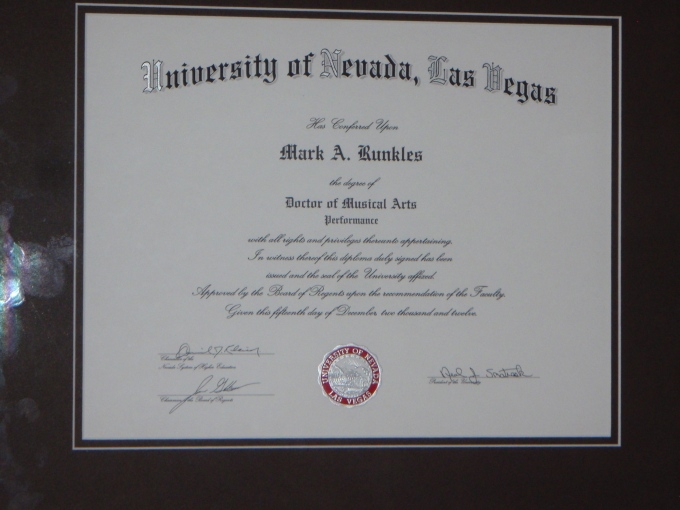Private lessons go much deeper than band, orchestra, or choir classes at school because of their one-on-one attention. A doctor takes the time to meet with each patient individually. Would you want a doctor trying to diagnose your own potentially serious illness in a room full of clamoring patients? Playing in a large ensemble is a great way to incorporate what is being taught in the private lessons, and the student learns how to play in a group. Ensemble directors do a fantastic job under the circumstances; however, they likely won’t notice individual problems like wrong fingerings or poor hand position because their attention is spread among the whole ensemble. It is the private instructor’s job to notice and help correct these issues because the private instructor can focus 100% of his attention upon the individual student for the duration of the lesson.
Attention is an innate human need. It validates that we matter in some small way and that we are not lost and aimless in the bigger picture of the universe. The job of the private instructor is to focus 100% of his attention on the student for the lesson’s duration to determine what that student needs to improve as a musician. The attention of a private instructor can play a crucial role in a child’s development. Children need to see multiple ways of doing things so they can choose the best way for themselves. It may not be their parents’ way.
My father is highly opinionated. He expresses his opinions forcefully and with absolute authority, even when he has no idea what he’s talking about. It drives me nuts, so early on as an undergrad, I decided I wasn’t going to have any opinions. That drove my girlfriend nuts. Much to my disgust, I discovered that I did have opinions when I argued with her about music. My private oboe and saxophone teachers shaped those opinions. Their influence played a large role in molding me into the musician and person I am today. I wouldn’t be writing this blog if I still had no opinions.
